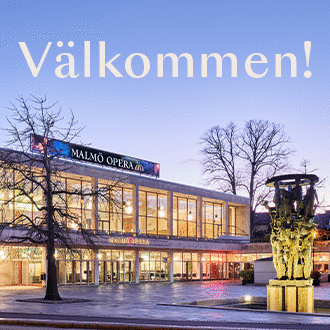As a dual national person of colour, race is something that I think about a lot. However, I had not quite prepared myself for how relevant this would be for me on exchange in Sweden surrounded by blue-eyed, blonde Scandis and a majority white population. With a middle eastern father but a British mother and despite my strikingly foreign full name, I have experienced a form of white privilege my entire life. This has protected me from being entirely aware of the unconscious racial biases around me until finding myself outside my usual cultural bubble, in the international climate of Lund University.
I forgot to pack my coco butter moisturiser when moving to Lund in August, in Sweden’s record breaking hot summer when exposed legs were a must and beach trips were frequent. When hitting the Apotek and Coop in desperation every day for a week, I was faced with panic at the thought of having to use a light lotion for the rest of the year, as no creams thick enough to treat my Middle Eastern skin were in sight. When communicating with my lecturers, I chuckled at their failed attempts to spell, or pronounce my phonetic name (with one lecturer simply re-naming me Abraham). I have gaped with shock at people still confusing the names of my Indian companions after four months of interaction, and is it a telling sign that I’m warned away from being out alone in the streets of Malmö, Sweden’s most diverse city?
Whilst I’m not an expert on the demographics of the local immigrant population, arriving at a time where the Swedish Democrats has made a tangible dent in national politics, it would seem to me that racism is one of the largest problems in Sweden today. At a university with such an international student body, it is astonishing how few people with brown skin one encounters in the streets of our ancient city.
To the upcoming politicians, lawyers, artists, academics and scientists alike, in a country as progressive as Sweden, I make a plea coinciding with a whole new batch of exchange students arriving this month: Recognise the importance of inclusion, and embrace the diversity surrounding us. In our unique context of bringing together people from all over the world, check your own internal biases, and fight to combat them and those of others. Be aware of how your actions affect the feelings of others, especially surrounding ethnicity and colour. It has been a shock to notice how easily race can become a hindrance to someone’s international experience, but also how easily avoidable this could be.










